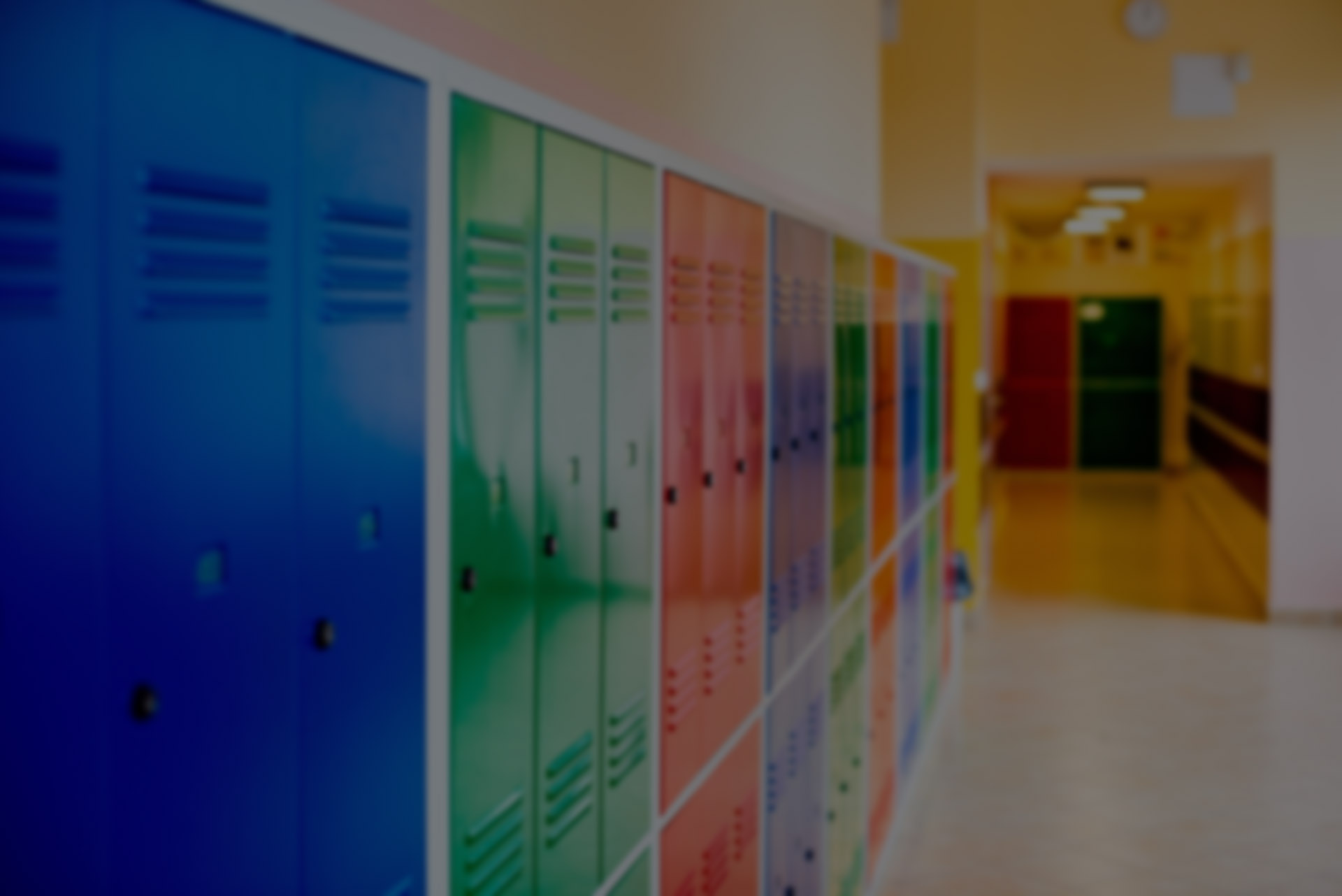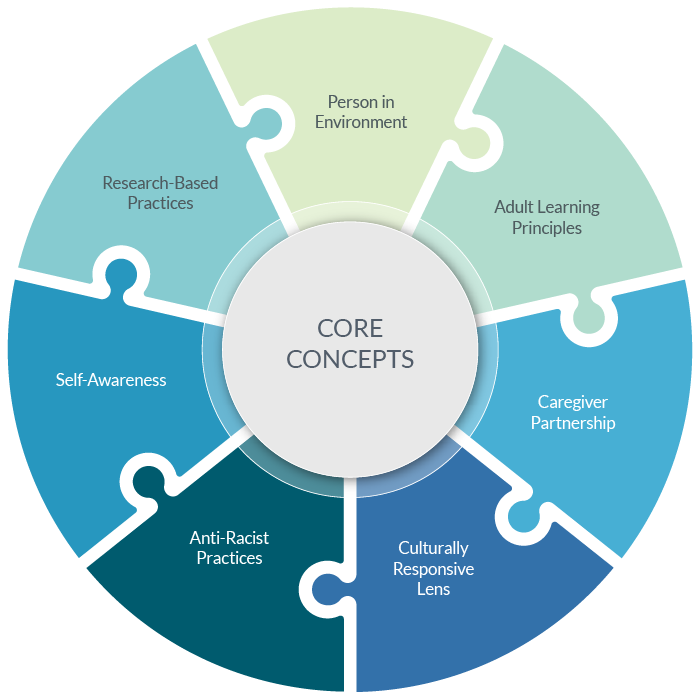
This video series is designed for school communities everywhere who are seeking to strengthen knowledge and resources to begin the process of building supports for social-emotional learning and behavioral health in their schools.
These short videos provide research-based foundational information, practical experience, and engaging materials. They are intended for individuals wanting to learn more about best practices or for teams or groups that are looking to start a conversation about how these topics can be addressed in their school communities.
Additional resources are provided for each video to extend the learning and to guide schools in exploring how they can build sustainable systems of support for social-emotional learning and behavioral health with students, families, and school staff.
